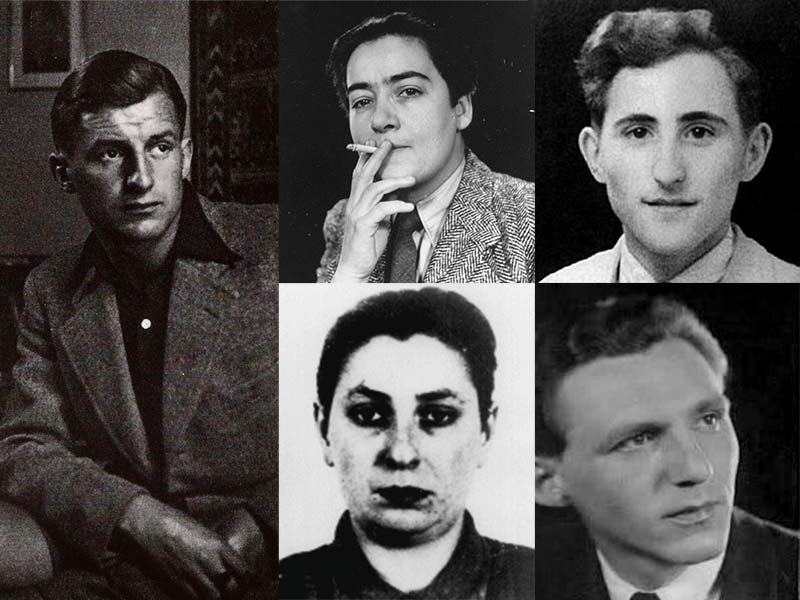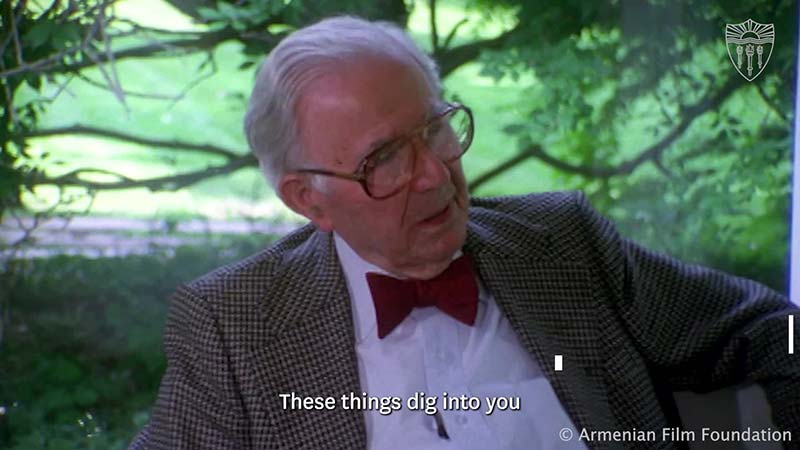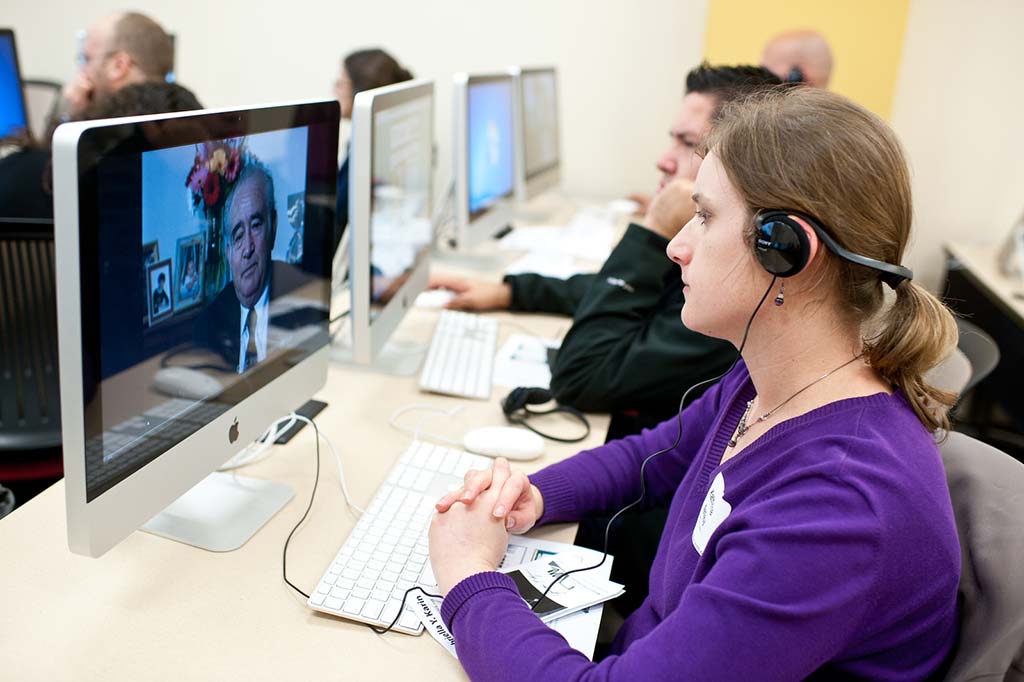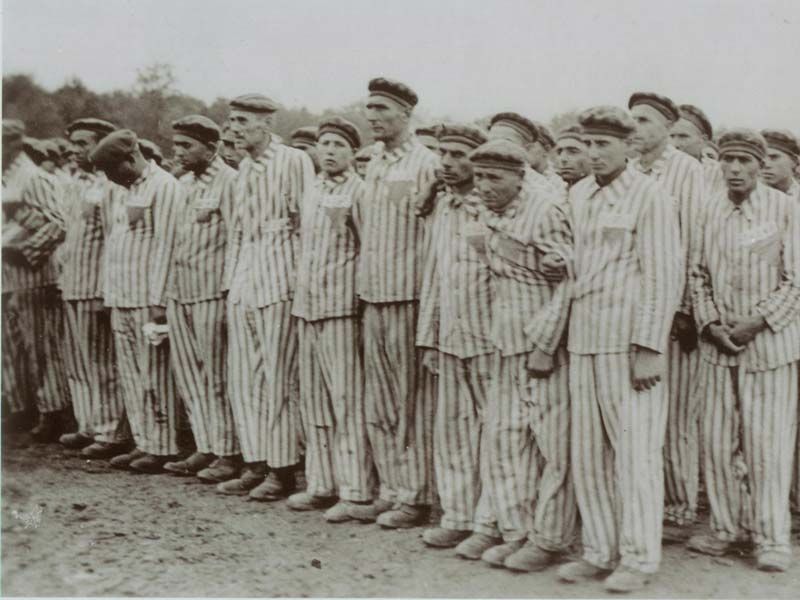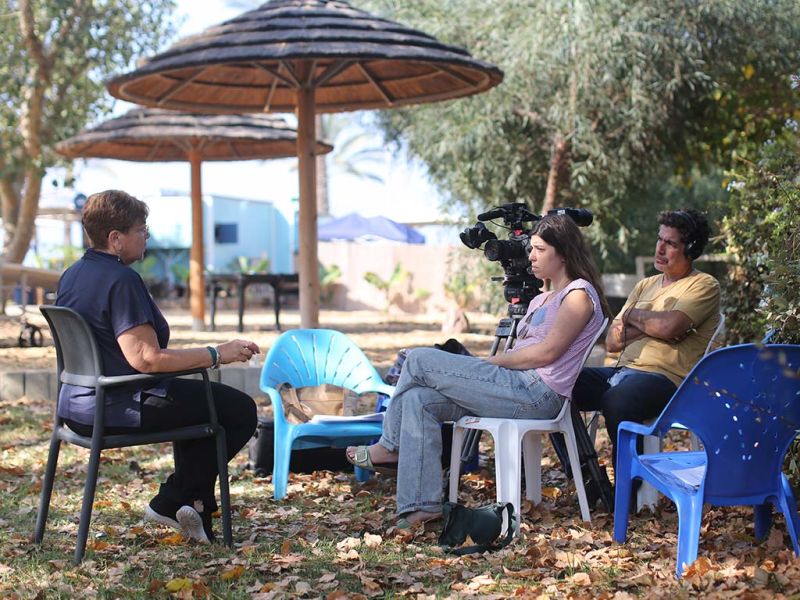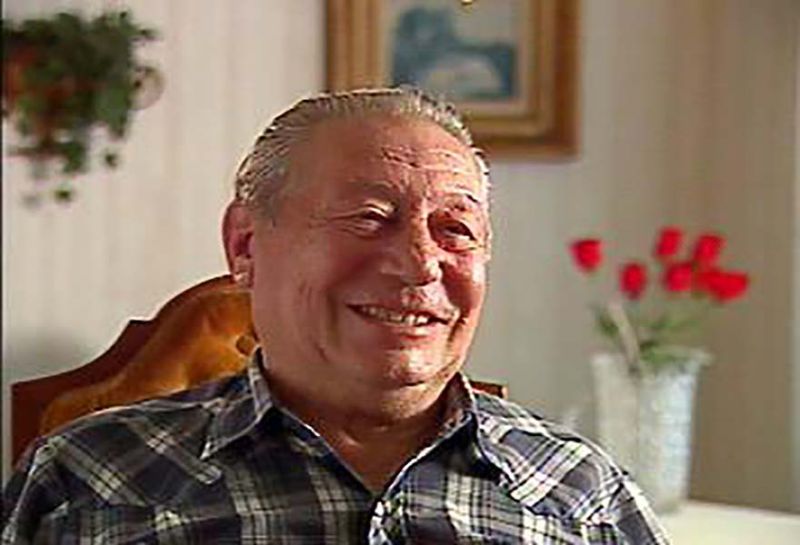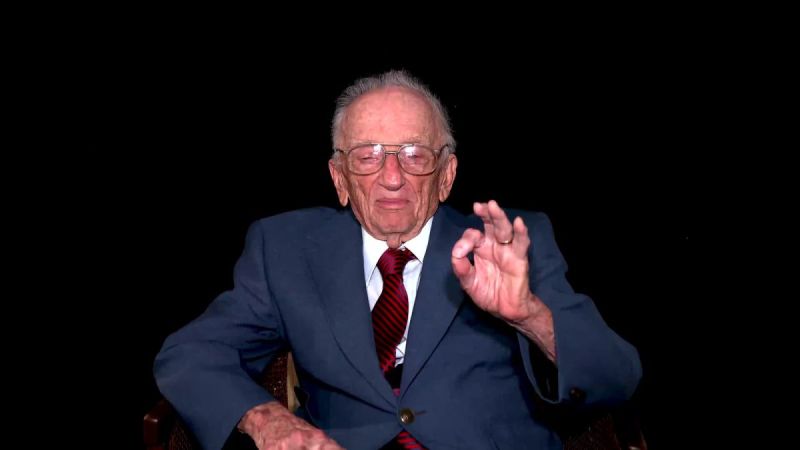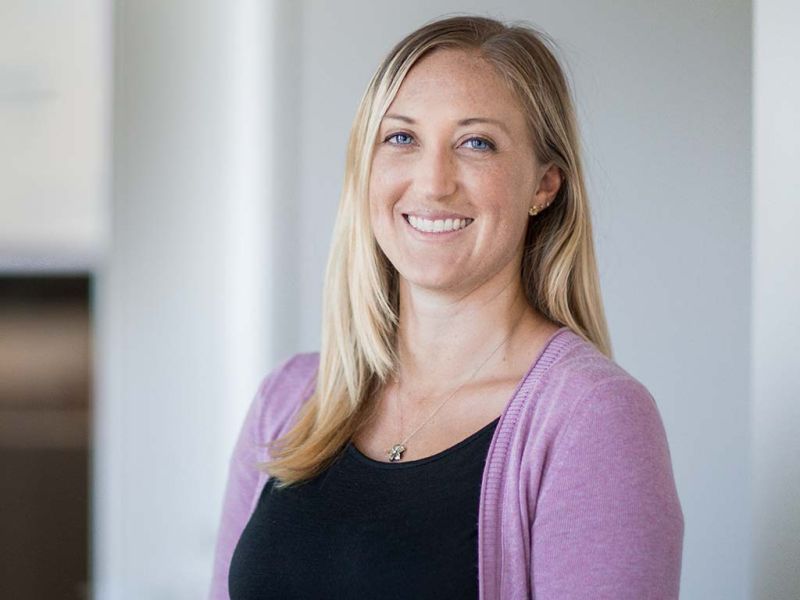Do you know a Holocaust survivor or witness?
We are currently recording survivors and other witnesses of the Holocaust. If you are a survivor or know someone who is, we would love to hear from you. We are also looking for interviewers.
Latest News
The Division of Academic Programs at the USC Shoah Foundation invites applications from PhD candidates and early-career scholars for the inaugural cohort of fellows in its non-residential colloquium “The LGBTQIA+ Community in the Holocaust.” We understand this topic broadly and are seeking applicants whose work touches on the members of any nation persecuted by the Nazis or their allies for their sexual identity, along with the long-term impact and legacies of this history. Read More
Monday, April 29, 2024 - 3:37pm
On April 24, we call on the world to remember the genocide of the Armenian people.
109 years ago, during the First World War, Ottoman authorities arrested hundreds of Armenian intellectuals and community leaders in Constantinople (present-day Istanbul). At the time, the Ottoman Empire was under the control of the relatively new leadership of the Young Turks; a party that had sought to create an ethnically homogenous Turkish state – a state that would have little space for the millions of Armenians then living in that empire. Read More
Wednesday, April 24, 2024 - 10:48am
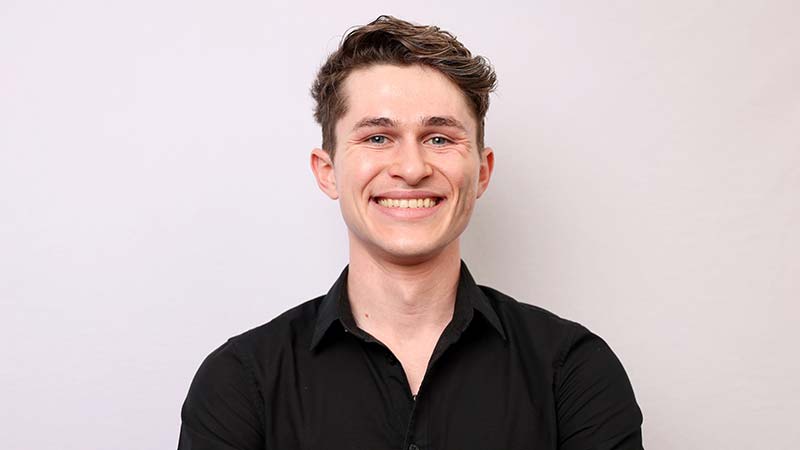
Stay in Touch!
Receive USC Shoah Foundation news, survivor stories, upcoming events, and more in your inbox.
Watch and Share
Annette Baslaw-Finger recalls a special Hanukkah memory
Language: English
On the History of Antisemitism
Antisemitism Lecture Series
Language: English
Why We Argue About Antisemitism Today
Antisemitism Lecture Series
Language: English
You can help us make a difference
Our education programs bring the voices of survivors into classrooms, impacting future generations to build a better world based on empathy, understanding and respect.



